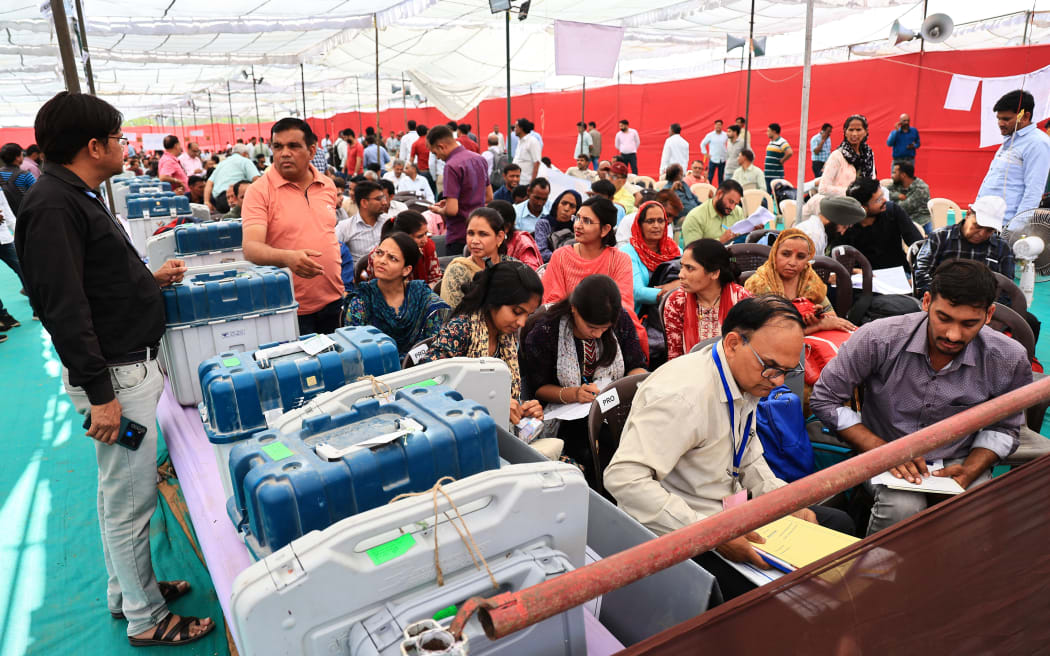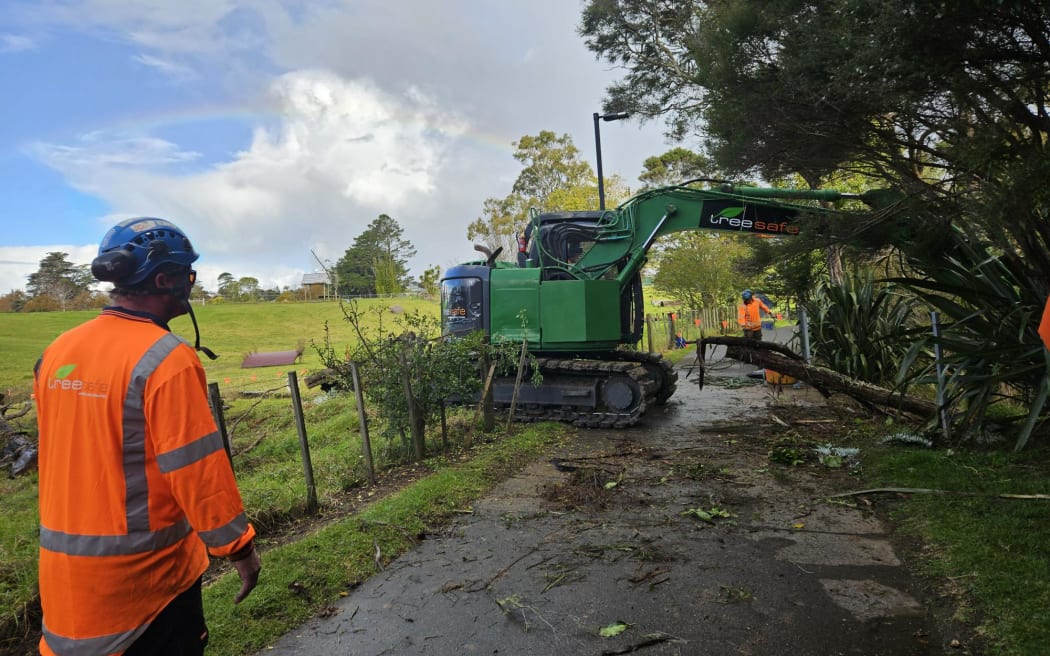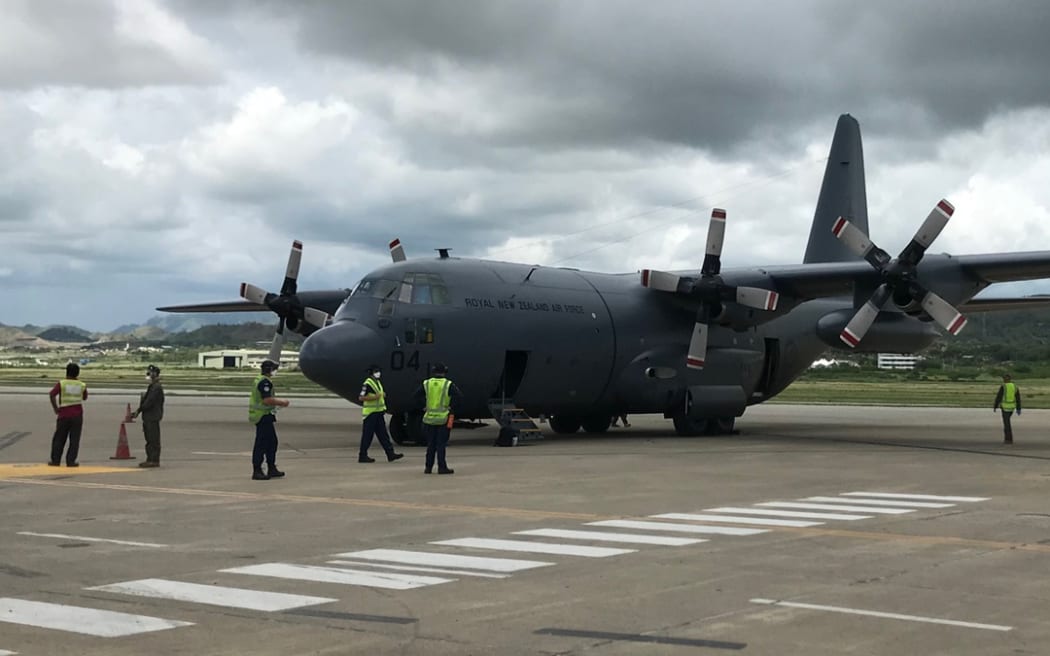This article has been reviewed according to Science X's editorial process and policies. Editors have highlighted the following attributes while ensuring the content's credibility:
fact-checked
trusted source
proofread
A sinister alliance between Moscow and Pyongyang
Were it not so serious, a meeting between Vladimir Putin and Kim Jong-un would be vaguely comical. The paranoid North Korean leader, not seen outside his benighted country for four years, travelled to Russia on board an armoured train like some latter-day Strelnikov in Dr Zhivago. He was heading to see his counterpart in Russia’s far east for talks on unspecified topics but which were expected to focus on supplying the Kremlin with much-needed ammunition for its war in Ukraine.
If Putin is having to go cap in hand to one of the world’s most isolated dictatorships to replenish his weaponry, then the 19-month invasion really has taken its toll. Something the Russian leadership thought would take a few days has turned into a seemingly endless war of attrition that has sapped the strength of a country that considered itself a superpower.

To counter Nato’s supplies to Kyiv, the Russian military has already been buying up weapons from countries such as Iran, especially drones, but is said to be running out of shells with which to bombard Ukrainian targets, many of them civilian.

North Korea is believed to have a massive stockpile of compatible artillery ammunition built up over 60 years to thwart South Korea’s non-existent plans to invade. Since Pyongyang is already a pariah state subject to sanctions and unable to feed its own people, there is little the West can do to inflict further economic punishment for aiding the Russian war effort.

But we need to be wary of whatever it is Kim is demanding as a quid pro quo for aid, such as access to Russian ballistic missile expertise to back up North Korea’s nuclear weapons programme.




















